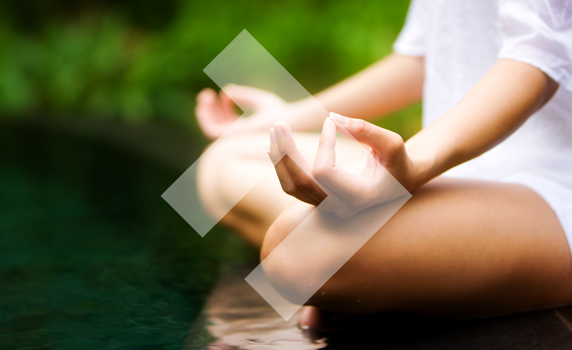We’ve all been there. That moment when we’re competing in a run and we start to question why exactly we’re doing this? The overwhelming desire to stop and the unbearable pain appear make us want to laugh, cry, dribble and collapse all at the same time. Our legs go wobbly and we start to run like Morph after a good night out. All is not well with the world. Yet somehow we keep going, urging our aching body onwards until we’re confused, delirious and lurching forwards with a slightly hysterical look on our face.
But maybe that’s just me. Then, as quickly as it all began, it’s over. We cross the finish line in a heap of exhaustion, mumble something incoherent to our friends and family before setting off to the pub for a celebratory pie and beer. After all we’ve earned it. It’s in this relative comfort where all the pain is forgotten, and before we know it we’re busy planning our next endeavour. The exhilaration of completing one of life’s challenges takes over and we start to think about what we could do better next time. Fuelled with happy hormones the hardships seem like a distant memory and we look forward to the next goal, the eternal quest to better ourselves…….and to beat our friends.
There are so many things to consider for improving our sporting performance. Equipment if we’re particularly gifted with hand-eye coordination, running shoes if we’re part Gazelle, new training programs and of course the all important diet. We spend large amounts of time and money investing in how we can improve our physiology. Training our bodies to cope with the often-rigorous demands of sport. But how much do we focus on the mind? It may seem like an after-thought, a ritual we may go through before the “big game”. Convinced that this is enough to achieve glory, triumph or simple completion, all of which are perfectly commendable, but with the mind controlling everything we do surely it seems sensible to train this part of our body too.
Over the last few years there has been an increase not only in the practice but also in the understanding of how meditation can help boost sporting performance. It’s practiced by Tiger Woods, Jamie Anderson (winner of the snowboarding slope style event at Sochi), Michael Jordan and an increasing number of NFL teams (yes it does seem that the US is ahead of us on this one). Famously the Seattle Seahawks appointed a new coach called Pete Carroll in 2010 and one of the first things he did, he introduced daily meditation sessions to all his players. The result; they won the Super Bowl for the first time in their history.
Now while we can’t attribute all the glory to meditation, sports scientists are starting to understand how integral the mind and it’s training through meditation can have on success. A calm, settled mind, can enable athletes to train hard, compete without fear and perform at their very best. A happy athlete makes for better performance. Just look at the Dutch football team, they’re always arguing and never win anything.
Some of the key benefits are:
It gives us focus
When we meditate we can improve our concentration and focus. Stress and anxiety cause our thoughts to become rushed, scattered and we reduce our ability to take decisive action. In a calm frame of mind we’re much more susceptible to getting in “in the zone”, the Holy Grail for all athletes. A place where we don’t have to think about what we’re doing, it all happens naturally, instinctively and without fear.
It helps us cope with pain
One of the reasons why people can’t reach their full sporting potential is pain. Our bodies tell us to stop when long before they actually need to. Anyone who’s run a marathon will tell you that pain is to be expected and you continue despite its presence. It’s this intensity and how you deal with it that can be helped through meditation. A rather sadistic survey where researchers burned (albeit mildly) 15 men and women was designed to determine their reaction to pain. The experiment was repeated twice, once prior and once after meditation. The results showed that the pain was 57% “less unpleasant” and 40% “less intense” after conducting meditation. Quite astounding results. Meditative techniques can change our perceptions of the pain we’re experiencing. It can also give us the mental fortitude to continue when the going gets tough.
It can aid recovery
Recovering after our exertions or healing from an injury is also helped by meditation by increasing oxygen flow and the transmission of nutrients to the areas that need it most. Runners World Magazine reported that runners who meditate have lower levels of lactic acid after a workout. It also provides the rest that’s needed by helping us achieve more powerful, deep sleep (up to 5 times deeper than normal), enabling us to feel more energised when playing, competing or beating our friends. All extremely enjoyable and worthwhile for the subsequent taunting opportunities it provides.
So the next time you’re preparing for you’re next challenge, and you’re looking for every advantage available, why not try meditation and train the most important part of your body. They say that sport is 90% mental and 10% physical, meditation may just be a better investment than your pink Ronaldo football boots.
Thanks for reading,
![]()
 Instagram
Instagram Pinterest
Pinterest Facebook
Facebook Twitter
Twitter YouTube
YouTube




 Paul
Paul 



